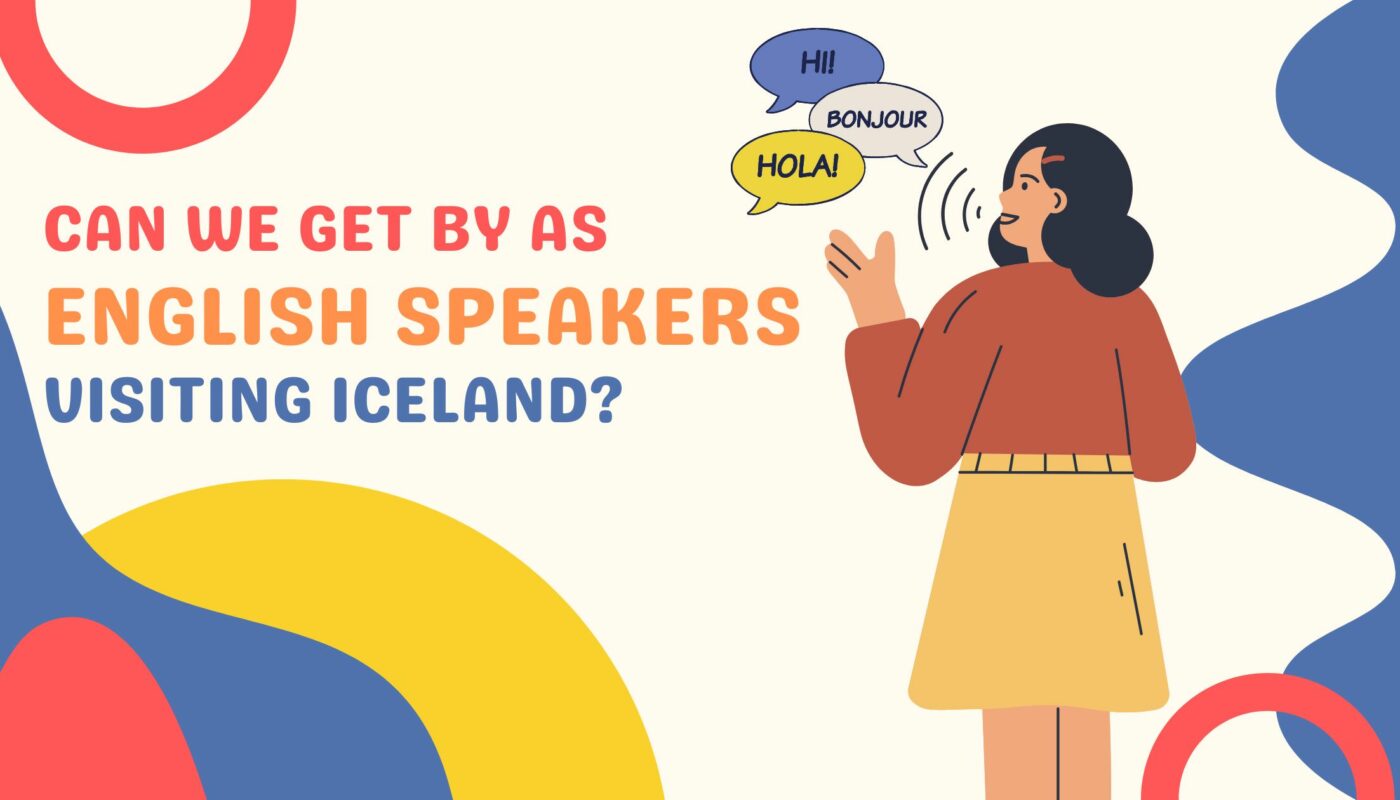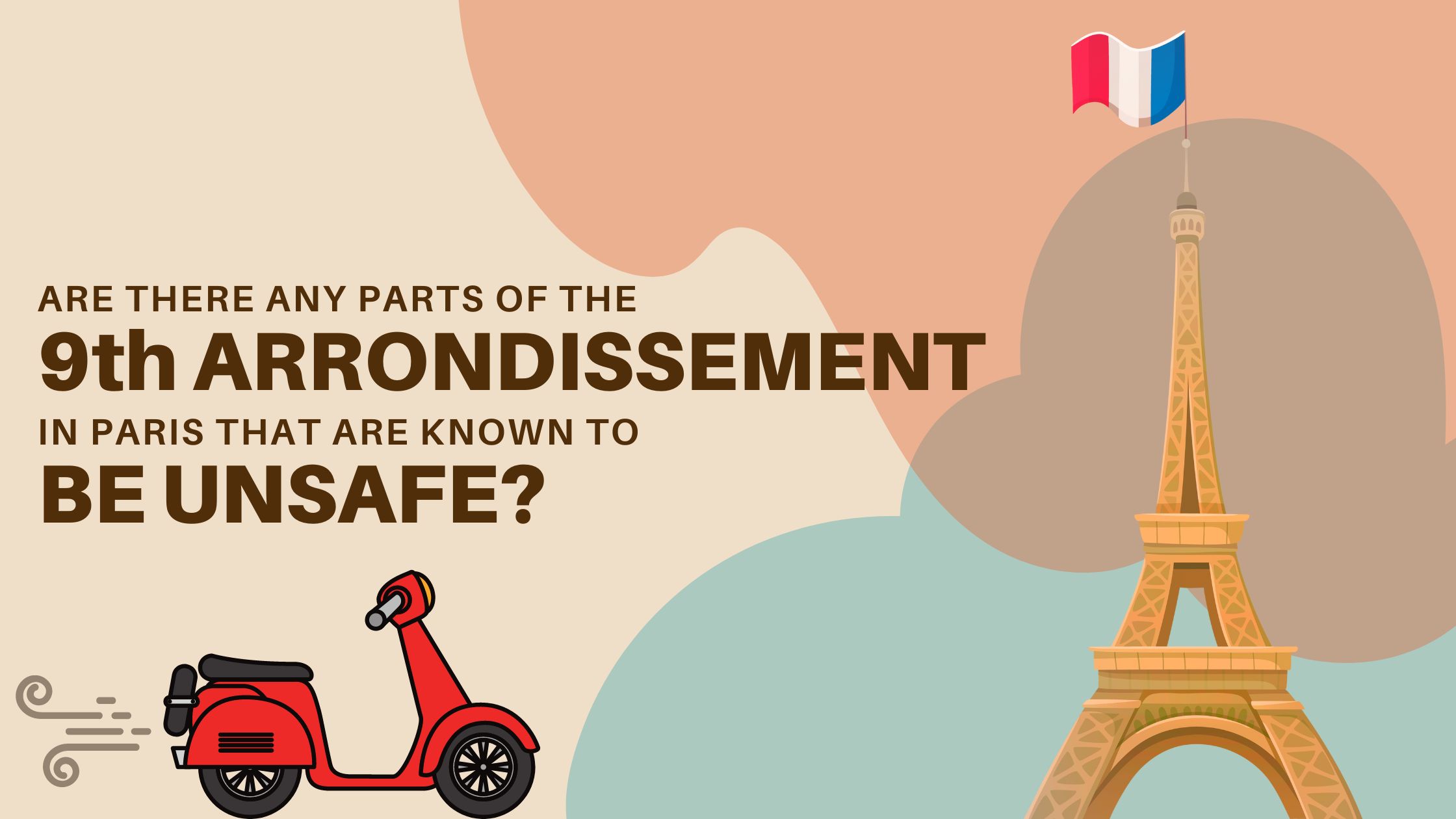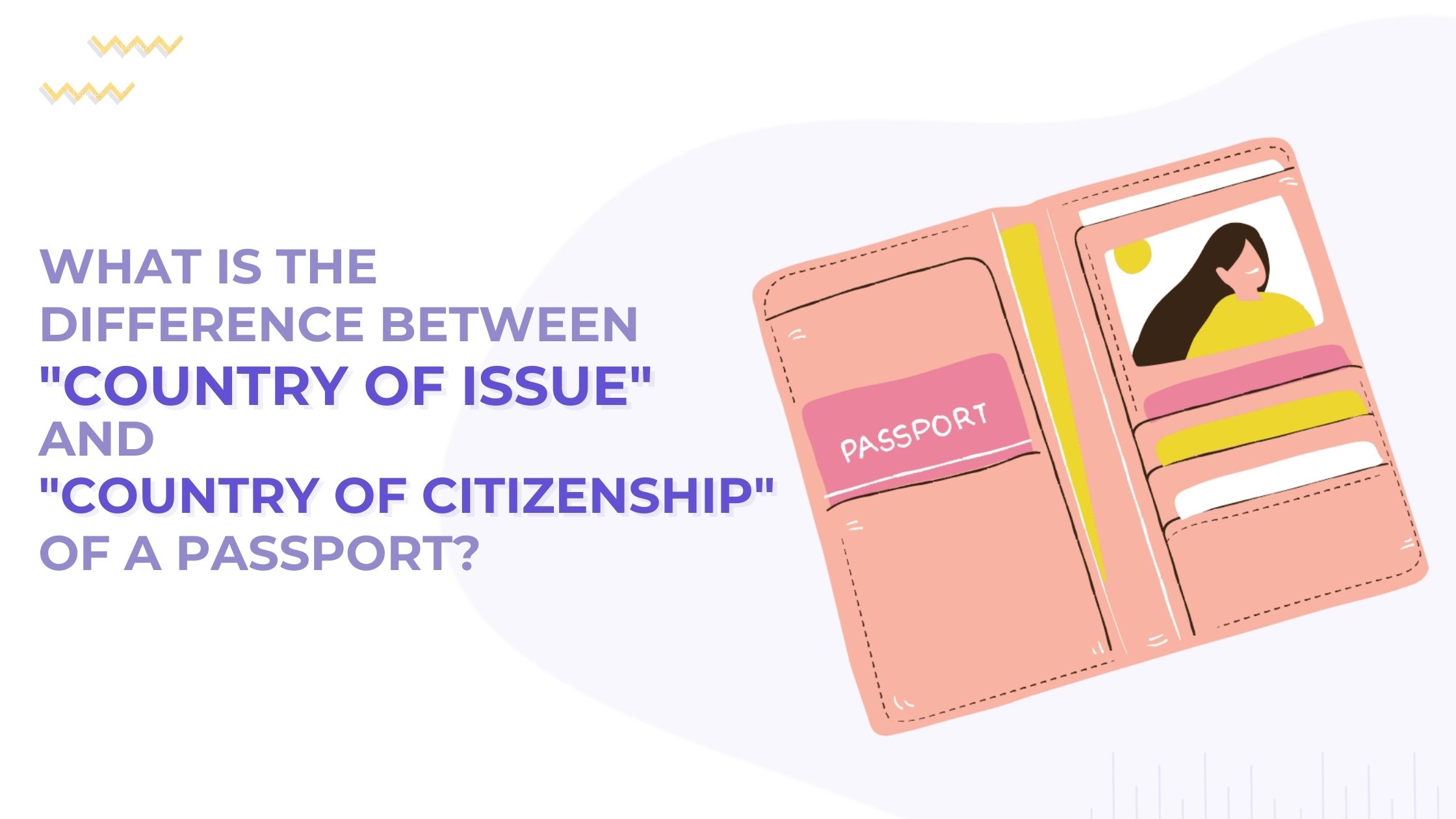Can we get by as English speakers visiting Iceland? This is a question that many travelers ask themselves before embarking on a trip to Iceland. Since the official language of Iceland is Icelandic, visitors may wonder whether they will be able to communicate effectively and navigate the country comfortably as English speakers.
In this article, we will explore the use of English in Iceland and discuss whether it is possible to get by without knowing Icelandic. We will also offer some tips for making the most of your visit to this beautiful country.
Can We Get By As English Speakers Visiting Iceland?
The answer is yes! In fact, almost every Icelander speaks English fluently so you will have no trouble communicating with the locals during your travels. First of all, English is widely spoken in Iceland. In fact, 93% of Icelandic people are fluent in English.
Since almost everyone you meet will be able to understand and speak to you in English.
This makes it very easy for visitors who only know English to get around the country and interact with locals.
Additionally, most signs and menus are written in both Icelandic and English.
This makes it easy to find your way around and order food from restaurants without needing to learn any Icelandic words at all.
Furthermore, many tourist attractions have staff that can speak English if you need help navigating the area or understanding what the attraction has to offer.
Finally, there are also plenty of resources available online for those who want to learn Icelandic before their trip.
There are a variety of apps, websites, and books that offer instruction on the language so you can learn some basics before you go.
Overall, there is no need to worry if you are an English speaker visiting Iceland—you will be able to get by just fine!
The vast majority of Icelanders speak English fluently so it shouldn’t be too hard to find someone who can understand and communicate with you in your native language.
Do People in Iceland Speak English or Icelandic?

Although Icelandic is the official language of Iceland, English is widely spoken throughout the country and taught in schools and universities. According to a 2018 survey, around 97 percent of Icelanders are fluent in English. This number is even higher among younger people.
Nearly about 100 percent of those aged 18-30 are able to speak English. The main reason for this is that English is taught in schools and universities as part of the curriculum.
In addition, many Icelanders watch international TV shows and movies with English subtitles, which helps them gain more understanding of the language.
On the other hand, while Icelandic remains the official language of Iceland, it is not always used in everyday conversations.
Language experts believe that this is because of the influx of tourists and immigrants who come to Iceland and do not speak Icelandic.
As a result, many locals prefer to communicate in English in order to make it easier for visitors.
Additionally, many of the vocabulary words used in Icelandic have been borrowed from English, so it is not difficult for native English speakers to understand.
Why Do Icelanders Speak English?
To begin with, firstly, English is taught as a mandatory subject in Icelandic schools from a young age. Hence, many Icelanders are fluent in the language. Secondly, Iceland is a popular tourist destination and English is the universal language of tourism.
Therefore, many Icelanders use English to communicate with tourists and provide them with information about the country.
Finally, Iceland is a small country with a population of just over 300,000 people, so many Icelanders use English to communicate with people from other countries, especially in business and academia.
Overall, English has become an important language in Iceland for practical and cultural reasons.
Do They Speak English In Iceland Fluently?
Yes, Icelanders speak English fluently in Iceland. English is taught in schools from a young age, and it is a common language used in business and tourism. Many Icelanders also watch English-language TV shows and movies and listen to English-language music, which helps to improve their fluency.
While Icelandic is the primary language spoken in Iceland, English is widely understood and spoken, making it easy for tourists and visitors to communicate with locals.
Overall, Iceland is a very welcoming and friendly country for tourists, and language barriers are rarely an issue.
Is English Official Language in Iceland?
No, English is not the official language in Iceland. The official language of Iceland is Icelandic, which is spoken by the majority of the population. However, English is widely spoken and understood in Iceland, especially in tourist areas and among younger generations.
In addition, many Icelanders also speak other languages, such as Danish and German, due to historical ties and economic relationships with other Nordic countries.
Despite the prevalence of English in Iceland, it is not recognized as an official language and all official documents and proceedings are conducted in Icelandic.
How Many Languages Are Spoken in Iceland?
The official language of Iceland is Icelandic, which is spoken by almost the entire population of the country. However, due to its location and history, Iceland has also been influenced by other languages. These include Danish, German, English, and Spanish, among others.
However, the number of people who speak most of these languages is relatively small compared to Icelandic and English.
Overall, while Iceland is a small island country, it has a diverse linguistic landscape that reflects its unique history and culture.
| Language | Widely Spoken in Iceland? |
| Icelandic | Yes |
| English | Yes |
| Danish | Somewhat |
| German | Somewhat |
| Spanish | Somewhat |
| French | Somewhat |
| Mandarin | Rarely |
Is Icelandic a Dying Language?

Recently, linguistic experts have warned that the Icelandic language could be at risk of dying out in modern society. With English becoming increasingly popular among Icelanders and only 400,000 people speaking Icelandic left in the country, this raises serious concerns about the ancient language’s survival.
The decline of Icelandic is due to a number of factors, chief among them being the growing popularity of English in Iceland.
From tourists to voice-controlled electronic devices, English has become increasingly present in the country, leading to fewer people speaking Icelandic.
This has caused alarm amongst linguists, prompting efforts to protect the language from dying out.
Fortunately, there are several initiatives in place to preserve and promote the Icelandic language.
Education is a major focus; for example, there have been campaigns to ensure that more students learn Icelandic in schools.
Additionally, there have been measures taken to make sure that Icelandic remains present in media and literature.
For instance, bookstores across Iceland are stocking more books written in Icelandic than ever before.
Finally, there are also government initiatives in place to help support the Icelandic language and culture.
Are Icelanders Friendly?
The answer is a resounding yes! Icelanders are known for their hospitality and warm demeanor towards visitors, as well as their strong sense of community. Although some may seem reserved or distant at first, this is most likely due to cultural norms rather than any personal dislike of visitors.
From offering assistance to complete strangers to simply showing kindness and respect, Icelanders are sure to make you feel at home in their beautiful country.
- Icelanders are known for their willingness to help others. Whether it’s providing directions, giving advice on the best places to visit, or offering assistance in any other way, Icelanders are more than happy to go out of their way to make sure visitors have a pleasant and enjoyable experience.
- A strong sense of community is also a defining trait of the Icelandic people. From neighborhood barbecues to outdoor gatherings, Icelanders come together in order to celebrate special occasions and show support for each other.
- Icelanders also have an appreciation for nature that is often reflected in their lifestyle and culture. This can be seen in the number of outdoor activities they enjoy such as hiking, rafting, skiing, and more.
- Icelanders are also very laid-back and relaxed people. They don’t take themselves too seriously and often prefer to spend time with friends or family rather than worry about petty disputes or drama.
Are Restaurants And Menus In Iceland Available In English?
The answer is yes, especially in tourist areas. Iceland is a popular travel destination, and the tourism industry is a major source of revenue for the country. Therefore, it is in the best interest of restaurants and other hospitality establishments to cater to English-speaking customers.
However, it is important to note that some smaller or more traditional restaurants may not have English menus. Moreover, staff members are usually willing to assist in translating the menu or making recommendations.
It is always a good idea to do some research beforehand and check online reviews or contact the restaurant directly to ensure a smooth dining experience.
FAQs
Can You Travel To Iceland If You Only Speak English?
Yes, you can travel to Iceland if you only speak English. While Icelandic is the official language of Iceland, English is widely spoken and understood throughout the country. Signs and menus in tourist areas are often in both Icelandic and English, and many locals speak English fluently.
In fact, Iceland’s tourism industry is largely based on English-speaking visitors, so you should have no problem communicating with locals and navigating your way around the country.
However, if you plan to venture off the beaten path or explore more remote areas, it may be helpful to learn a few basic Icelandic phrases.
Do People Speak English in Iceland?
The answer is yes. English is taught as a mandatory subject in Icelandic schools from a young age, and many Icelanders are fluent in English. This is especially true in the tourism industry, where visitors from all over the world come to Iceland to explore its natural beauty.
In addition, many Icelanders watch English-language TV shows and movies, listen to English-language music, and read English-language books and news, which helps them improve their English skills.
However, Icelandic is still the official language of Iceland, and it is important to respect the local language and culture while visiting the country.
Do Icelanders Get Annoyed When You Speak English To Them?
No, Icelanders do not get annoyed when you speak English to them. In fact, English is widely spoken and understood in Iceland, and it is the second language taught in schools. Most Icelanders are bilingual and can switch between Icelandic and English with ease.
It is important, however, to be respectful of the local culture and try to learn some basic Icelandic phrases. This can help to show that you have an interest in their culture and can also make it easier to communicate in certain situations.
Overall, Icelanders are welcoming and friendly towards visitors, and speaking English is not a problem.
Should You Learn Icelandic Before Going To Iceland?
Not necessarily, as English is widely spoken and understood by the locals. However, learning some basic Icelandic phrases can enhance your experience and show respect for the local culture. Additionally, learning a new language can be a fun and rewarding experience.
It can help you connect with the locals on a deeper level.
Ultimately, whether or not to learn Icelandic before going to Iceland depends on personal preference and the nature of your trip.
Is It Difficult To Learn Icelandic?
Yes, it is difficult to learn Icelandic. Icelandic is a unique language with complex grammar rules, a vast vocabulary, and challenging pronunciation. The language has remained relatively unchanged for over a thousand years, making it difficult for non-native speakers to learn.
Additionally, Icelandic is not widely spoken outside of Iceland, which can make it challenging to find resources and opportunities to practice speaking the language. However, with dedication and consistent practice, it is possible to learn Icelandic.
Many language schools and online resources offer courses and materials to help learners master the language.
Can You Get A Job In Iceland Speaking Only English?
It is possible to get a job in Iceland speaking only English, but it may be more difficult. While English is widely spoken in Iceland, many jobs require knowledge of Icelandic, especially in fields such as healthcare, education, and law.
However, there are still opportunities for English speakers in fields such as tourism, technology, and finance.
It may also be helpful to learn some basic Icelandic phrases to show a willingness to integrate into Icelandic culture and society.
Overall, while it may require more effort and persistence, it is possible to find employment in Iceland as an English speaker.
Where Is English Spoken In Iceland?
English is widely spoken in Iceland, especially in the capital city of Reykjavik. Many Icelanders learn English in school and it is also commonly used in the tourism industry. English is also spoken in areas with a high concentration of ex-pats or immigrants.
However, Icelandic is still the official language of Iceland and is used in government, education, and media.
Visitors to Iceland may find that some smaller towns or remote areas may have fewer English speakers, but overall, English is a widely used and understood language in Iceland.
Are There Any English-Language Newspapers Or Media Outlets In Iceland?
Yes, there are English-language newspapers and media outlets in Iceland. The Reykjavik Grapevine is a popular English-language newspaper that covers news, culture, and events in Iceland. The Iceland Review is another English-language publication that covers news and current events in Iceland.
In addition, many Icelandic news outlets have English-language sections on their websites, such as RÚV and Morgunblaðið. English-language radio stations, such as X-ið 977, also exist in Iceland.
Overall, while Icelandic is the dominant language in media outlets, there are English-language options available for those who prefer it.
Conclusion
In conclusion, visiting Iceland as an English speaker is not a problem at all. The majority of Icelanders are fluent in English, and road signs, menus, and public transportation information are usually available in both Icelandic and English.
While there may be some areas or situations where not speaking Icelandic could be a problem, it is still possible to communicate through hand gestures or pointing.
Overall, Iceland is a welcoming and accommodating destination for English-speaking visitors, and language barriers should not be a significant obstacle for those traveling to the country.







